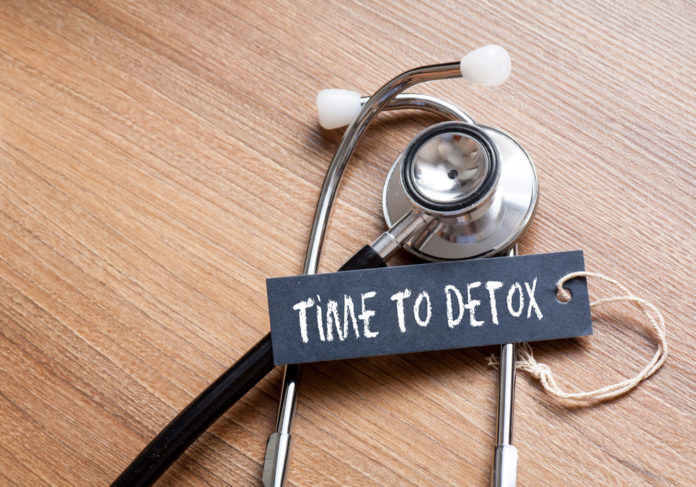In addiction, the brain’s reward, motivation, and memory circuits become permanently dysfunctional. It depends on the amount of substance or habit that your body requires if you experience an obsessional drive to get a reward, or disdain towards its consequences.
Over time, addictions can severely hinder your ability to perform daily tasks. Addicts experience remissions or relapses frequently and at different times. Accordingly, they may alternate between heavy use and light usage. Over time, addictions can become more severe. They can have serious consequences, such as financial failures or health problems.
Types of Treatment for Addiction and Detox
Substance abuse is a common form of addiction. Detox is usually the first step in treating addiction. Detoxing on your own can be dangerous. You should instead consider medical detox at a professional facility. The following are some of the most common detox programs:
Alcohol Detox Alcohol dependence and addiction can lead people to dangerous cycles. Detoxing at home can be deadly due to the toxic substance in your body if you don’t treat it properly with medicine.
Benzodiazepines: Due to their ease of use and the fact that they are often prescribed by doctors as a treatment for insomnia or anxiety, these benzodiazepines rank amongst America’s most commonly misused medications. Benzos can be dangerous when misused, and this is particularly true when they are combined with alcohol or prescription medication.
Cocaine detox: Dopamine, a chemical messenger found in the body that regulates mood and makes us feel good. Dopamine is released in significant quantities by cocaine. When dopamine is released in the areas of our brain that are responsible for pleasure, we experience a powerful “high”.
Detox from Heroin: Heroin, a morphine based opioid, is an addictive drug. The drug is highly addictive and can hook users immediately. Smoking and injecting heroin are two ways people can get heroin into their body. In recent years, heroin overdoses have become more common.
Opiod Detox: The medications that are made of poppies are called opiates. This phrase is often used to describe both synthetic and naturally occurring opioids such as heroin, fentanyl, and oxycodone.
It can also come in semi-synthetic forms, such as hydrocodone with acetaminophen. These can be more dangerous. You can experience severe withdrawal symptoms, including nausea and vomiting.
Detox from Prescription Drugs: Most people believe that their medication does not cause addiction. This is not always the case. Unchecked misuse of prescription drugs can lead to physical dependence and addiction. This can have negative effects on your mental and physical health.
https://drugabuse.com/treatment/detox/types/
https://www.ncbi.nlm.nih.gov/books/NBK526012/
https://diamondhousedetox.com/resources/how-to-detox-from-drugs-and-alcohol/how-to-safely-detox-from-benzos/



